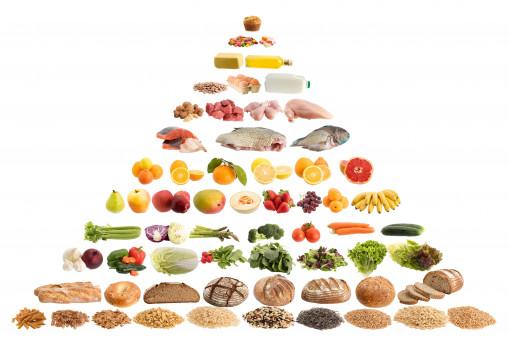A fatty liver disease diet aims to promote liver health, manage symptoms, and reduce the accumulation of fat in the liver.
Here are some general dietary recommendations for individuals with fatty liver disease:
Choose complex carbohydrates:
Include whole grains, such as brown rice, quinoa, whole wheat bread, and oats, which provide fiber and nutrients while having a lower impact on blood sugar levels compared to refined grains.
Increase fruits and vegetables:
Consume a variety of fruits and vegetables, which are rich in antioxidants, vitamins, minerals, and fiber. Aim for a colorful plate with plenty of leafy greens, berries, citrus fruits, cruciferous vegetables (broccoli, cauliflower, Brussels sprouts), and other colorful produce.
Include lean proteins:
Opt for lean sources of protein, such as skinless poultry, fish, legumes, tofu, and tempeh. These protein sources are lower in saturated fat compared to fatty cuts of meat.
Emphasize healthy fats:
Choose sources of healthy fats, such as avocados, nuts, seeds, and olive oil. These fats are rich in monounsaturated and polyunsaturated fats, including omega-3 fatty acids, which can have anti-inflammatory effects.
Moderate dairy consumption:
Opt for low-fat or non-fat dairy products, such as skim milk, low-fat yogurt, and reduced-fat cheeses, while limiting full-fat dairy products.
Limit added sugars:
Minimize your intake of sugary foods and beverages, including soda, candy, pastries, and sweetened cereals. These can contribute to weight gain and increased liver fat.
Reduce or avoid alcohol:
Alcohol can worsen liver damage and contribute to fatty liver disease. It’s important to limit or eliminate alcohol consumption, depending on your healthcare provider’s recommendations.
Control portion sizes and caloric intake:
Pay attention to portion sizes and overall calorie intake to maintain a healthy weight. Excess calorie intake can lead to weight gain and further liver fat accumulation.
Stay hydrated:
Drink plenty of water throughout the day to support overall health and hydration.
Consult with a healthcare professional or registered dietitian:
Consider working with a healthcare professional or a registered dietitian who specializes in liver health. They can provide personalized dietary recommendations based on your specific condition, medical history, and individual needs.
When it comes to healing a fatty liver, incorporating specific foods into your diet can be beneficial.
Here are some foods and drinks that can help promote the healing process:
Garlic:
Garlic may help reduce body weight and body fat mass in people with non-alcoholic fatty liver disease (NAFLD).
Omega-3 fatty acids:
Foods rich in omega-3 fatty acids, such as salmon, sardines, walnuts, and flaxseed, may improve liver fat and cholesterol levels in individuals with NAFLD.
Coffee:
Drinking coffee, particularly decaffeinated coffee, has been associated with reduced liver damage and inflammation in animal studies.
Broccoli:
Long-term consumption of broccoli has shown promise in preventing the buildup of fat in the liver in animal studies.
Green tea:
Green tea contains antioxidants that may help improve symptoms of fatty liver disease.
Walnuts:
Walnuts are high in omega-3 fatty acids and may be beneficial for people with fatty liver disease.
Soy or whey protein:
Soy and whey protein have been shown to reduce fat buildup in the liver.
Here are certain foods and drinks that should be avoided or limited:
Sugar and added sugars:
Limit or avoid added sugars, including fructose and corn syrup, as they can contribute to high blood sugar levels and increase fat in the liver.
Alcohol:
Excessive alcohol consumption can contribute to fatty liver disease and other liver conditions, so it’s important to reduce or eliminate alcohol intake.
Refined grains:
Processed and refined grains, such as white bread, pasta, and rice, can raise blood sugar levels. Opt for whole grains instead.
Fried or salty foods:
Consuming too much fried or salty food can increase calorie intake and contribute to obesity, which is a common cause of fatty liver disease.
Meat high in saturated fats:
Foods like beef, pork, and deli meats that are high in saturated fats should be avoided or limited. Opt for lean meats, fish, tofu, or tempeh as substitutes.
It’s important to note that these dietary recommendations should be tailored to your specific condition and health needs. Consulting with a registered dietitian or healthcare professional can help create a personalized diet plan that suits your situation.

